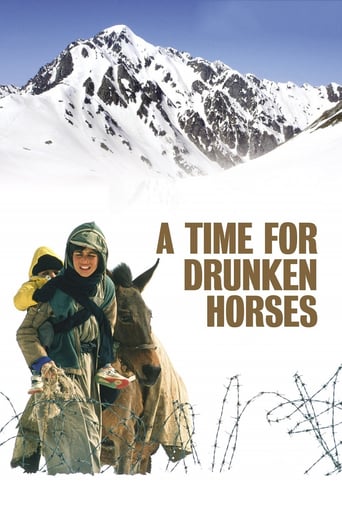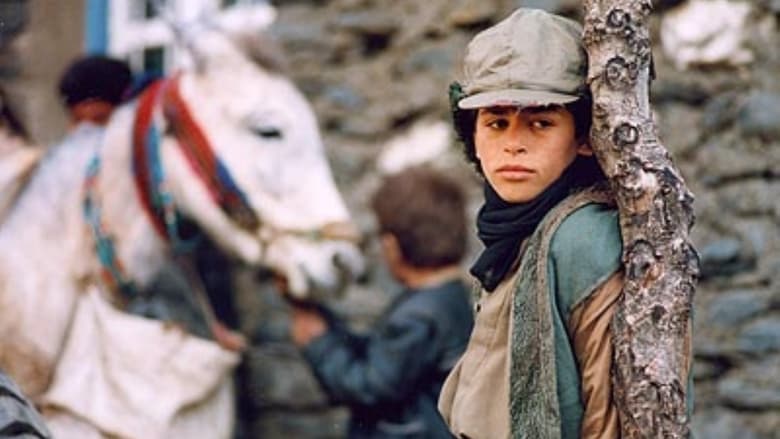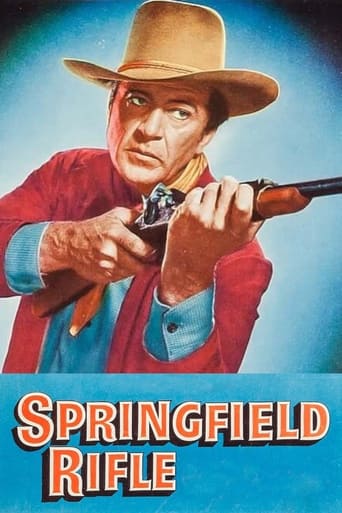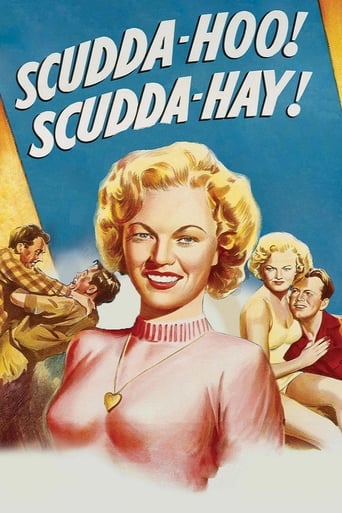

A Time for Drunken Horses (2000)
After their father dies, a family of five children are forced to survive on their own in a Kurdish village on the border of Iran and Iraq.
Watch Trailer
Cast


Similar titles
Reviews
I like the storyline of this show,it attract me so much
Please don't spend money on this.
It’s an especially fun movie from a director and cast who are clearly having a good time allowing themselves to let loose.
It is neither dumb nor smart enough to be fun, and spends way too much time with its boring human characters.
A beautiful film. The first time director won an award at Canne for his effort -- the judges were quite impressed. So am I. It shows an interesting slice of life on the Iranian border with Iraq in the Kurdistan region. The actors are amateurs who are able to give the most warm and genuine performances as the characters in this situation. There's no message to take away that war is wrong or anything like that. It's just a slice of life. There actually isn't much of a message other than you gotta do for your family what you gotta do. It's truly eye-opening the lengths that people will go to in order to simply survive. We complain about the most idiotic things in our world with Coca Cola and college and pot and beer and gas stations and pizza delivery and ipods and laptops and torrenting. We are schmucks. Look at these people and feel blessed. Maybe look at these people and wonder how you might be able to help. There might not be a lot that one can do, but there's got to be something. If not then just be aware. This movie can at least do that, show us how life is somewhere we may never go or ever even find out about.8.6 / 10 stars--Zoooma, a Kat Pirate Screener
I stumbled on a DVD copy of this film by accident, although I have had very good experience with Iranian cinema in the past.This film is about the hardship that children living near the Iraq/Iran border some ten years ago had to endure to survive. On a daily bases they toiled as adults to carry heavy loads like donkeys, face the threat of land mines and guns from border patrols, a harsh winter, and other challenging elements. Ayoub played the 12-year old who is now the head of the family after his father's death. His acting, and that of the rest of the children, are convincing. Despite poverty and daily challenges, the family siblings took care of each other, including a deformed and ailing brother, with love and a strong bond.The ending is open-ended, probably by design. Scenery of the location is visually pleasant. The plot can be tightened up a bit but, despite the film's slow pace, it is worth watching as a window to lives in the other, less privileged part of the world.
I have found that the Iranian movies are deeply moving. I also enjoyed "The Color of Paradise". The director seems to get "real people" to act out the parts. It seems so realistic that it becomes a documentary. I believe it was either nominated for Oscar for best foreign movie or actually won it. I am not sure - perhaps someone will tell me !Wonderful movie !
Just like the other Iranian films that I've seen---Jafar Panahi's "White Balloon," Majid Majidi's "Children of Heaven," Abbas Kiarostami's "Where Is My Friend's Home?" and Ebrahim Forouzesh's "The Key"---Bahman Gobadi's "Zamani baraye masti ashba" also has children as the central characters.But whereas the children in Panahi's, Majidi's, Kiarostami's and Forouzesh's films appear to struggle with "simple" problems (gold fish, a pair of shoes, a friend's lost notebook and a house key), those in Gobadi's film deal with problems that take on a large-scale significance:how to keep one's body and soul together amid the escalating war between two Muslim countries, the protagonists being literally situated in the middle. As his first full-length feature, Gobadi aims, as he tells us in the prologue, to make the viewers aware of the plight of the people of Kurdistan, who are unjustly marginalized and neglected, their situation becoming all the more worst as the village stands on the border between the warring Iran and Iraq (it's the time of the Gulf War).As I've already suggested, the focus here is particularly on the orphaned Kurdish siblings, headed by the affectionate and vulnerable Ayoub.To support his brothers and sisters, and most specially the ailing Madi, who needs to be operated in Iraq, Ayoub works for a group of smugglers who uses children in transporting illegally-obtained goods to Iraq. The opening scene of a pressure-filled and hurriedly-done packing of smuggled products, presented with the use of a hand-held camera and undiluted colors (so that it has the look and feel of a documentary), and the shots of the snow-covered mountain along which the group of adults and children carry their goods, in a manner that is threatening rather than awe-inspiring, make it clear that the road ahead for the young protagonists won't be a smooth one, that life won't be a piece of cake, as should be proper for them, being tender and innocent as they are. Though Gobadi chooses to present the story objectively, that is, in a manner where sympathy and hate won't be readily expressed to the persons concerned, being aware of the fact that theirs is a life being largely conditioned by the circumstances, I still think that the film belongs to the children, most specially to Ayoub. It's hard not to admire Ayoub's selfless devotion to his siblings, even if it means having to be used callously by a group of adult smugglers (one of them is an uncle), having to endure the coldness, the thick blanket of snow and the steepness of the mountains as they transport the goods using "drunken horses" (hence, the title) and having to "sacrifice" an elder sister to an arranged marriage in the hope of having Madi operated, courtesy of the groom's family (which turns out to be a false hope). One would think that such kind of fate is too much for a young child, but like the above-mentioned Iranian films, "Zamani baraye masti ashba" ends with the image of a child quietly enjoying a moment of triumph.What will become of him (or her) from thereon? Whatever, what counts for the time being is the simple joy brought about by a simple victory.




